Keywords: Pope Benedict Xvi
-
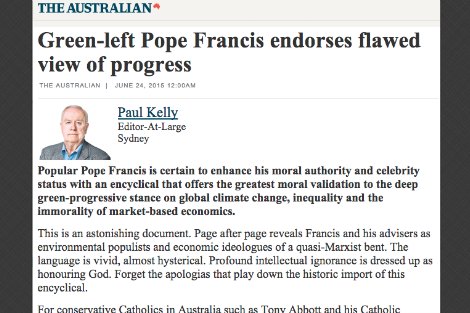
RELIGION
- Bruce Duncan
- 10 July 2015
37 Comments
In a series of articles, The Australian newspaper has strongly criticised the new encyclical Laudato Si', with editor-at-large Paul Kelly charging that the Pope has 'delegitimised as immoral' pro-market economic forces. This is wrong. Pope Francis is not opposed to the free market in principle, but insists that it be well regulated to ensure social justice for all involved.
READ MORE 
-
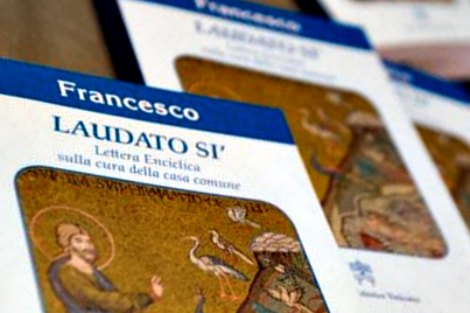
AUSTRALIA
- Andrew Hamilton
- 22 June 2015
10 Comments
The interdependence of human beings on one another underlies the Catholic insistence that the dignity of all human beings must be respected, so that the test of any society is how it treats its most vulnerable members. Laudato Si extends that solidarity to the natural world.
READ MORE 
-
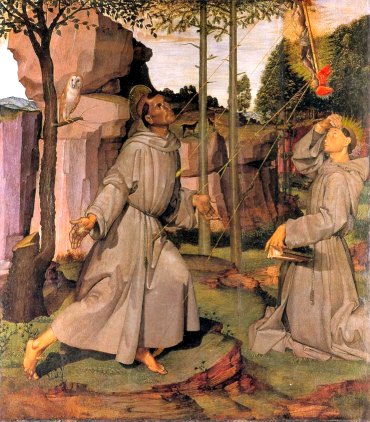
RELIGION
- Paul Collins
- 19 June 2015
24 Comments
Laudatio si is an extraordinary document addressed to 'every living person on this planet'. Ecological issues are no longer an after thought but up there with social justice and equity in an incisive, practical, realistic and far-reaching encyclical that tackles the most important issues facing us honestly and with absolute integrity. It will upset a lot of apple carts in the Church and in the world.
READ MORE 
-
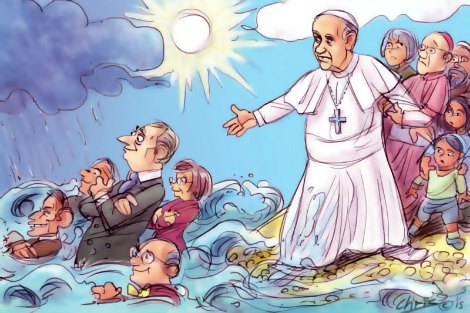
RELIGION
Both John Paul II and Benedict XVI made passing reference to environmental issues. Benedict spoke of the need for protection of the environment, resources the climate in his encyclical Caritas in Veritate. But in terms of its significance, Pope Francis’ forthcoming encyclical has the potential to do for the environmental movement what Pope Leo XIII’s Rerum Novarum (1891) did for the union movement – to provide it with a powerful source of moral and religious legitimacy in the face of those forces which have sought to limit their influence.
READ MORE 
-
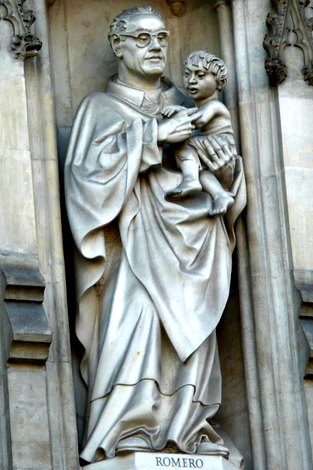
INTERNATIONAL
- Antonio Castillo
- 10 February 2015
19 Comments
Forces inside the Vatican stalled and blocked it for 20 years. But earlier this month, Pope Francis issued the declaration that Salvadorian Archbishop Oscar Romero was murdered 'in hatred of the faith' and not for political reasons. He is no longer officially suspected of being a Marxist sympathiser. In fact liberation theology itself has been undergoing a quiet rehabilitation during Francis' pontificate.
READ MORE 
-
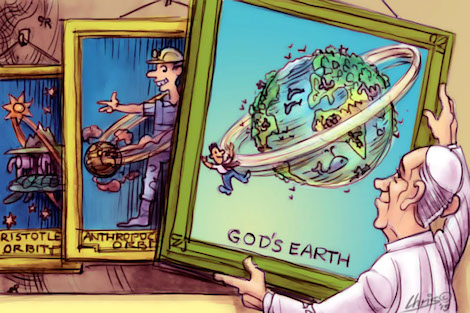
RELIGION
- Paul Collins
- 20 January 2015
43 Comments
Pope Francis has been hailed for his ‘rattling’ and ‘upsetting’ Catholic climate change sceptics and politicians. His predecessors John Paul II and Benedict XVI were ahead of most politicians on the issue, but essentially they underestimated the magnitude and urgency of the environmental problems we face. It is likely that Francis will make a decisive effort to confront climate change during 2015.
READ MORE 
-
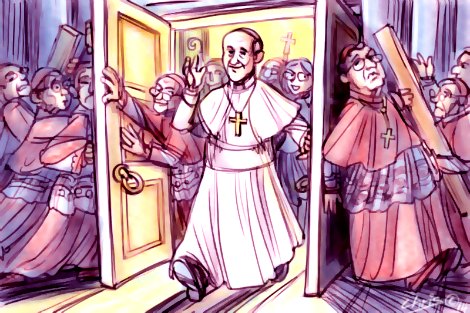
RELIGION
- Neil Ormerod
- 20 October 2014
31 Comments
Conservative elements were quick to criticise the interim 'relatio' of the Synod that opened the door to gay and other estranged Catholics. Undoubtedly there will be pushback, but the Catholic Church is going through something not experienced since Vatican II – a Church willing to debate topics once felt long settled, without fear or favour.
READ MORE 
-
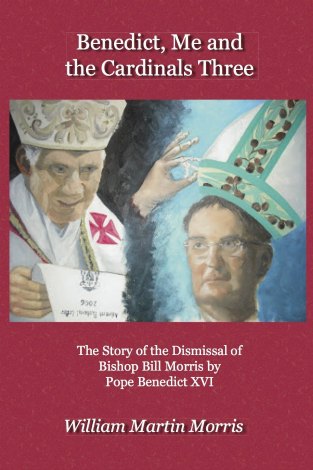
RELIGION
- Frank Brennan
- 24 June 2014
53 Comments
'My one new insight from reading Bill's book is that he was sacked because he was too much a team player with his local church ... the Romans hoped to shatter the morale and direction of those who had planned the pastoral strategies of a country diocese stretched to the limits as a Eucharistic community soon to be deprived of priests in the Roman mould.' Frank Brennan launches Benedict, Me and the Cardinals Three by Bishop William Morris.
READ MORE
-

ENVIRONMENT
- Neil Ormerod
- 06 June 2014
13 Comments
During Abbott's forthcoming visit to Obama he will find a president not only willing to take strong action in relation to climate change, but doing so with the public support of the US Catholic bishops. This is not a situation he will find comfortable given that in the Australian context he has always previously been able to count on the support of Cardinal Pell to muddy the waters on climate change.
READ MORE 
-

RELIGION
- Frank Brennan
- 27 May 2014
3 Comments
'Some of us would question Benedict's assertion that the Church "must not take upon herself the political battle to bring about the most just society possible. She cannot ... replace the State." But we would all agree that the Church "cannot and must not remain on the sidelines".' Frank Brennan's presentation at the Jesuit Social Services Symposium on 'The role of faith based community organisations in contributing to a civil society'.
READ MORE
-

AUSTRALIA
- Frank Brennan
- 11 April 2014
1 Comment
'Whether or not we have a bill of rights, much of our human rights jurisprudence remains partial, failing to extend rights equally to all. Once we investigate much of the contemporary discussion about human rights, we find that often the intended recipients of rights do not include all human beings but only those with certain capacities or those who share sufficient common attributes with the decision makers. It is always at the edges that there is real work for human rights discourse to do.' Frank Brennan's Blackfriars Lecture
READ MORE
-
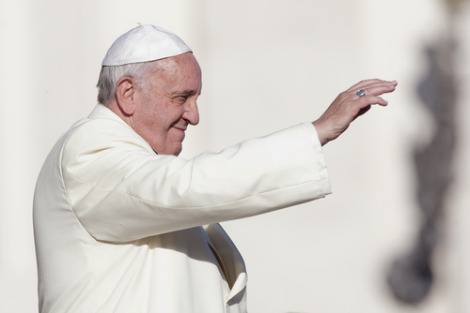
RELIGION
- Neil Ormerod
- 13 March 2014
10 Comments
No one can deny the impact Francis has had. The question remains whether the differences between him and his predecessor Pope Benedict XVI are a matter of style or substance. Francis has downplayed the prospects of major doctrinal changes, yet the rehabilitation of liberation theology and the bringing in from the cold of outspoken 'extreme centrist' theologian Cardinal Walter Kasper do reveal a fundamental shift.
READ MORE 